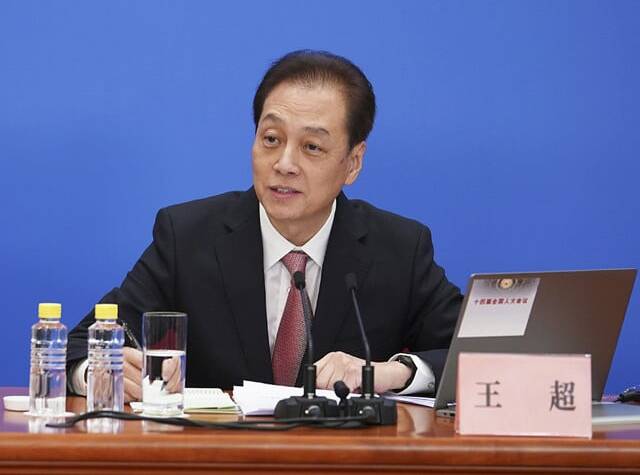China debunks ‘debt trap’ narrative projected by western countries
China has refuted claims of engaging in “debt-trap diplomacy” and argued that African countries have actually benefited from the infrastructure projects under its Belt and Road Initiative (BRI). According to Wang Chao, the spokesperson for the first session of the 14th National People’s Congress (NPC), African economies have been burdened with significant external debt owed to multilateral financial institutions and commercial creditors, not China. These remarks were made in response to a question during the highly-anticipated press conference that signaled the start of China’s most significant political season.
In fact, African economies were weighed down by a whooping external debt owed to multilateral financial institutions and commercial creditors, and not China.
Wang Chao, the spokesman for the first session of the 14th National People’s Congress (NPC), made the remarks in response to a question on Saturday during the much-anticipated press conference that marked the beginning of China’s most important political season.
Citing statistics from a World Bank (WB) report, the spokesman cleared the air around the hyped claims and maintained that nearly three-quarters of Africa’s external debt was actually owed to the multilateral institutions and commercial creditors, whereas Beijing was working to ease Africa’s debt burden.
China never attaches any political strings or seeks any self-seeking political gains, Wang asserted and added that the country has actively participated in the debt service suspension initiative under the G20.
He added that the debt deferral amount China has contributed is larger than that of any other G20 member.
“As the Belt and Road Initiative is entering the 10th anniversary, China stands ready to work with all partners to review achievements, sum up experience, plan for the future and work for new progress in the Belt and Road cooperation,” Wang said.
African debt a myth?
China’s latest vehement rejection of the “debt trap” narrative came as Beijing faces criticism for “inveigling” poorer countries into taking out loans to build expensive infrastructure only to eventually seize control of assets from borrowing nations – a western claim that is often made as a retort to growing concerns about “aid colonisation” of the African nations that is blamed for the economic woes.
Despite the Asian giant’s recent measures to forgive interest-free loans, the US-led western block has claimed that the BRI is in fact a geopolitical strategy to establish Sinocentric world order.
However, it may be noted here that according to Debt Justice, a UK-based campaigning organisation, just 12% of African governments’ external debt is owed to the Chinese lenders compared to 35% owed to Western private lenders, according to the calculations based on World Bank data.
Furthermore, interest rates on private loans are almost double than those on Chinese loans, while the most indebted countries are less likely to have their debt dominated by China.
“Western leaders blame China for debt crises in Africa, but this is a distraction. The truth is their own banks, asset managers and oil traders are far more responsible but the G7 are letting them off the hook,” Tim Jones, head of policy at the organization, said in a report published in 2022.
Moreover, China took part in the G20’s debt suspension scheme during the pandemic, but private lenders did not, Jones stressed.
The report went on to state that the average interest rate on private sector loans was 5%, compared to 2.7% on loans from Chinese public and private lenders.
Chinese envoy Zhao Shiren urges students to uphold integrity and strengthen China-Pakistan ties
LAHORE:The Consul Generals from several countries and other distinguished guests attended …











